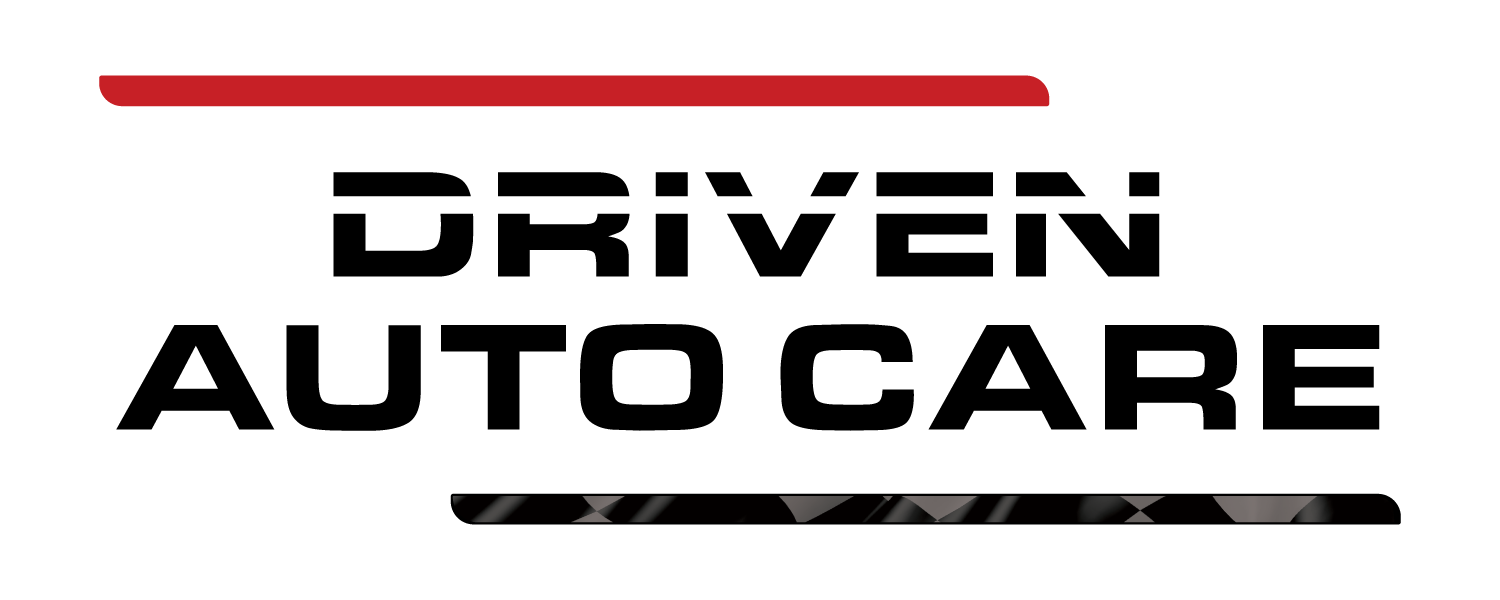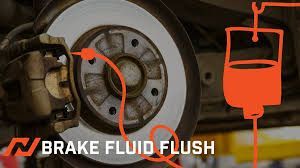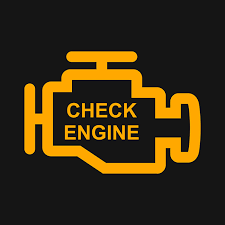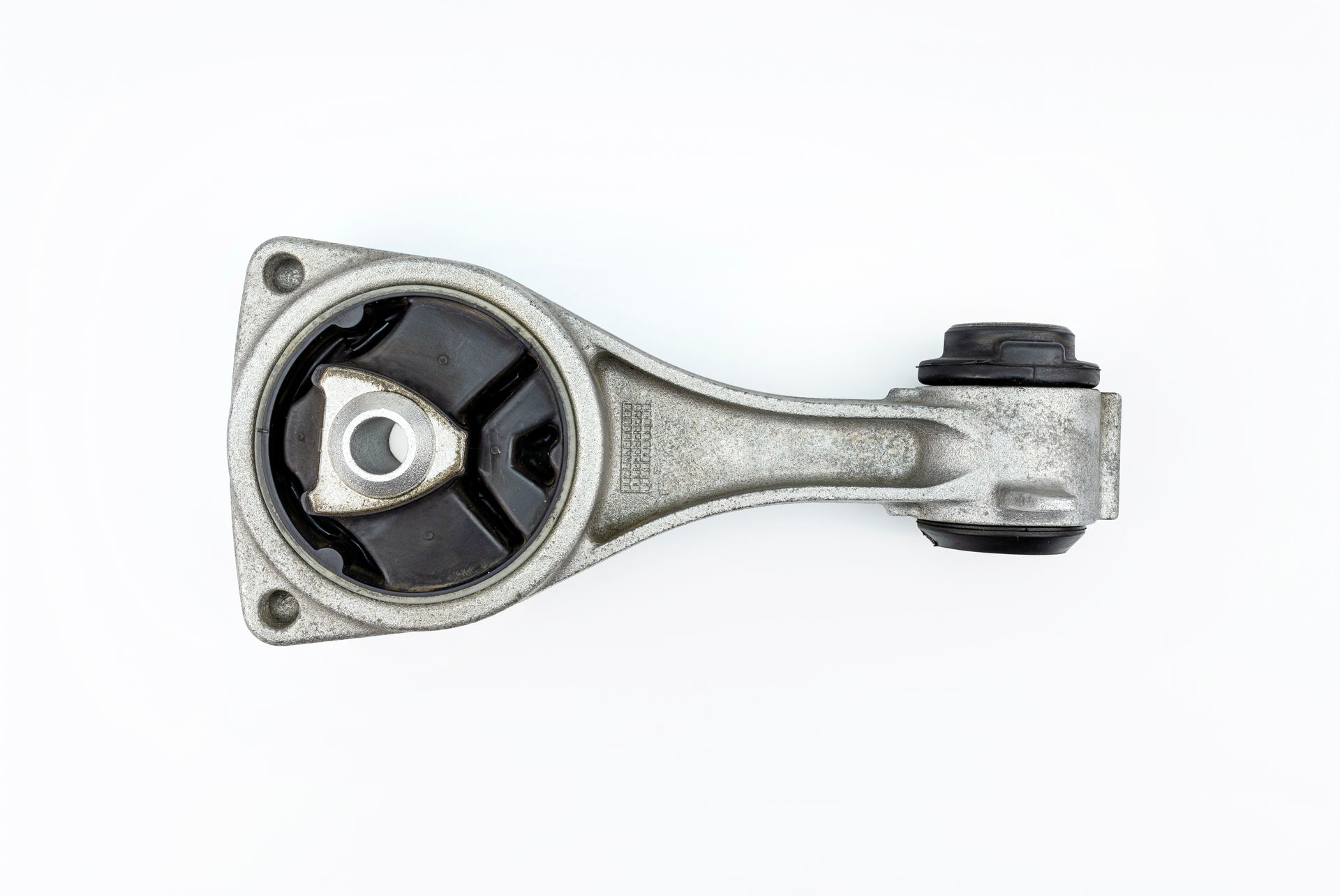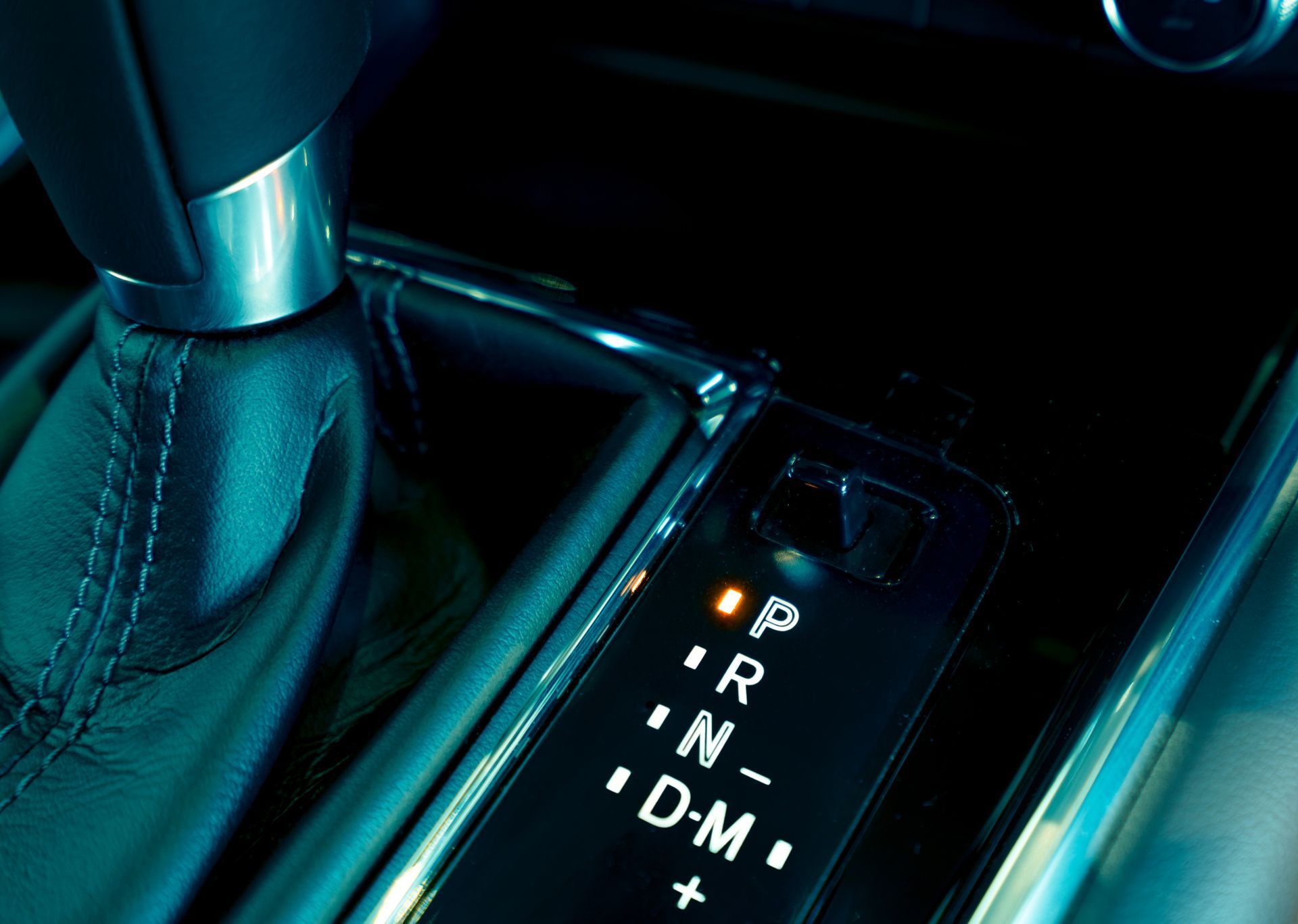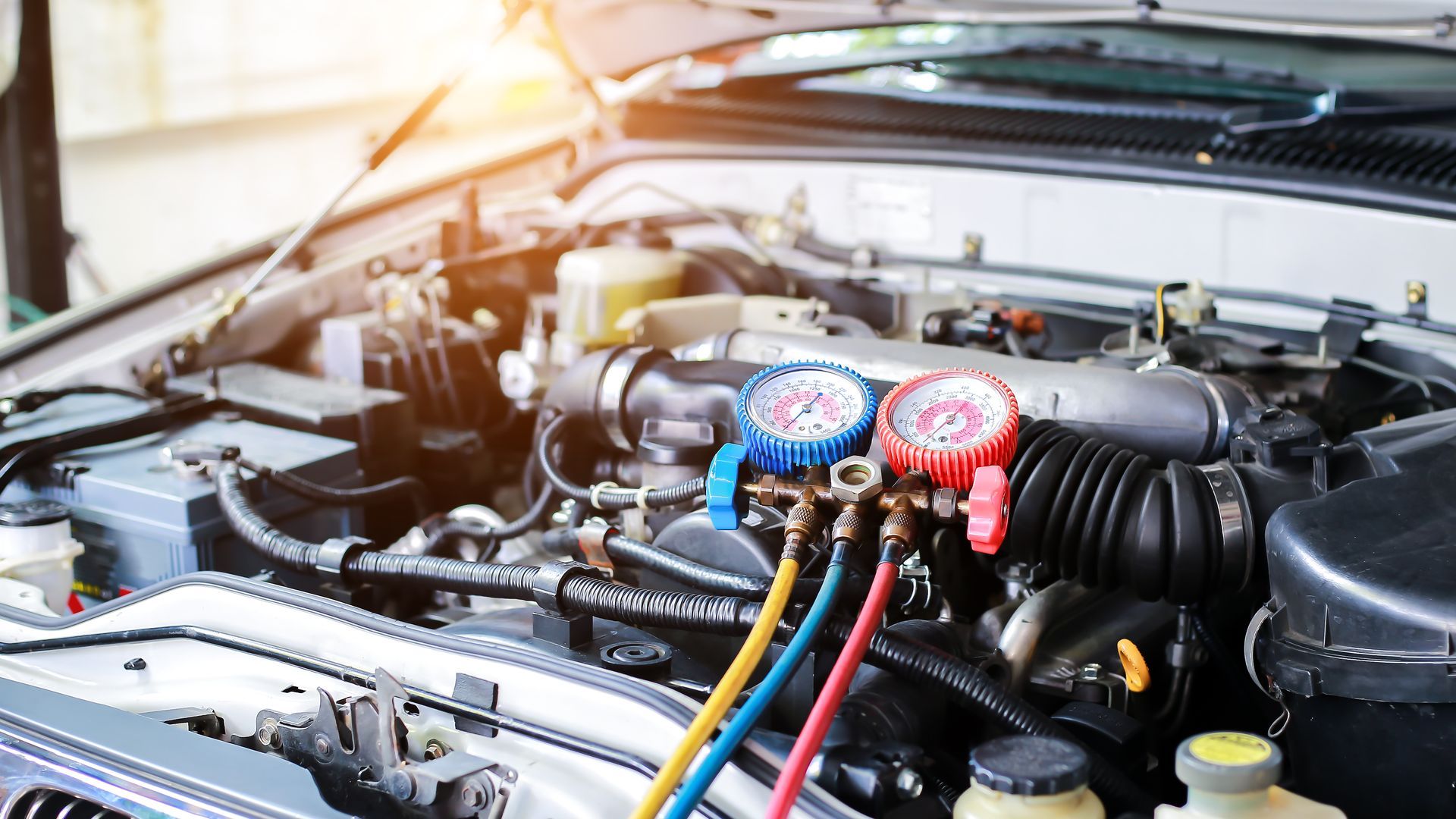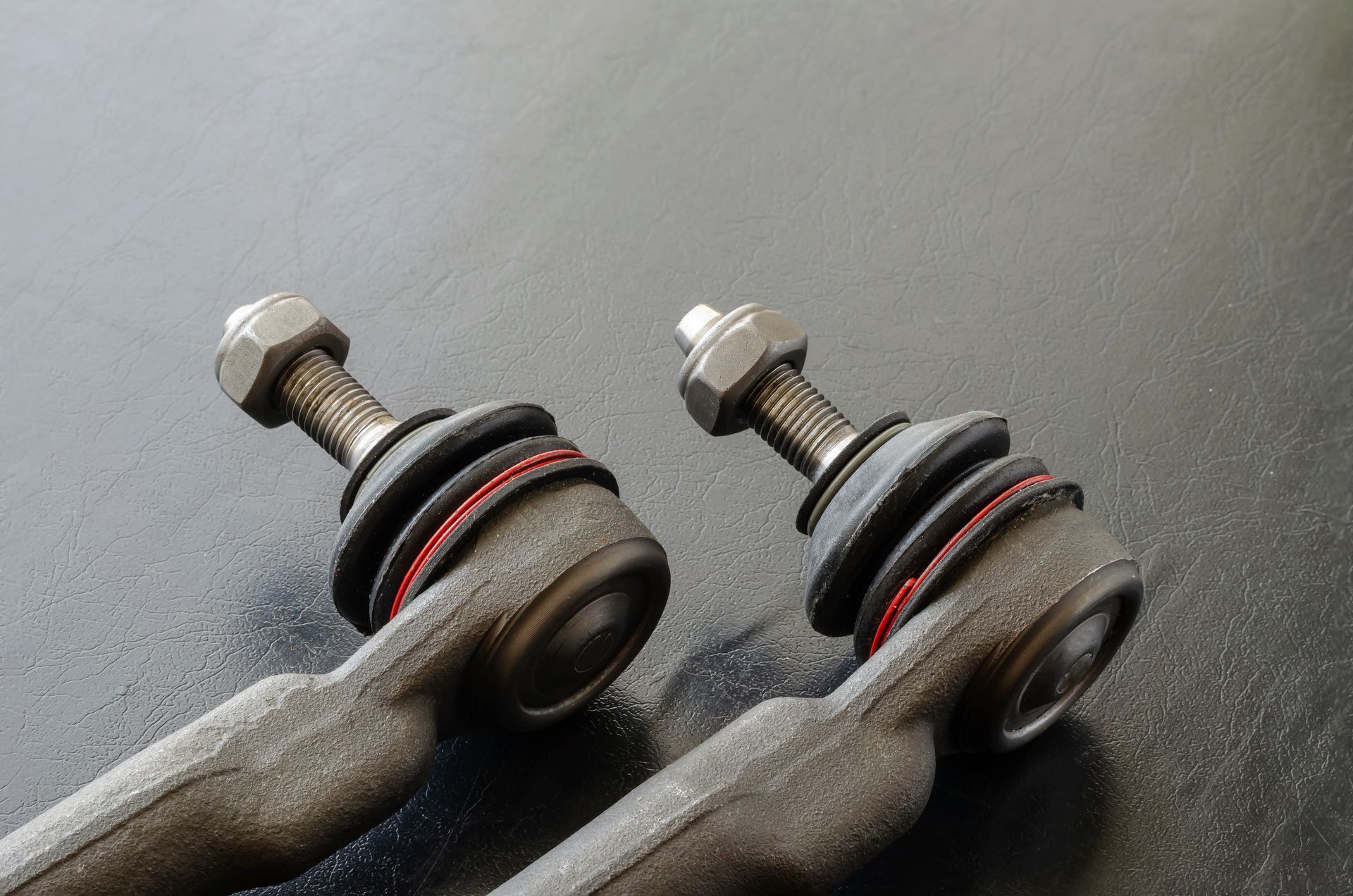Your car’s catalytic converter doesn’t demand much attention—until it fails. Tucked away under your vehicle, it quietly reduces harmful emissions by converting exhaust gases into less dangerous compounds. But when it goes bad, it can affect everything from your fuel efficiency to your ability to pass a smog test. And since catalytic converters are pricey to replace, it’s important to know the warning signs early.
Here’s how to tell if your catalytic converter is on its way out—and what to do about it.
Poor Acceleration or Sluggish Performance
One of the first things you might notice with a failing catalytic converter is reduced engine power. If your car feels sluggish, especially when climbing hills or accelerating, it could be due to a clogged converter restricting exhaust flow.
When exhaust gases can’t escape freely, your engine can’t “breathe,” which means it struggles to perform. You press the gas, but the car just doesn’t respond the way it should. It can feel like you're dragging extra weight—even when your vehicle is empty.
Drop in Fuel Economy
A faulty catalytic converter can also lead to a drop in gas mileage. If your engine is working harder to push exhaust through a clogged converter, it burns more fuel in the process. You might not notice at first, but if you’re suddenly stopping at the pump more often, your exhaust system might be the culprit.
Keep in mind, fuel economy can fluctuate for a lot of reasons—but when paired with other symptoms, it’s worth investigating the catalytic converter.
Rotten Egg Smell From the Exhaust
Smelling something foul when your engine runs? A sulfur-like, rotten egg odor from the tailpipe often points directly to the catalytic converter. It’s a sign that the converter isn’t properly breaking down hydrogen sulfide in the exhaust.
This smell tends to get worse over time. If you catch a whiff now and then, don’t ignore it. It’s one of the more obvious signs that your converter is struggling—and if left unchecked, the smell can make its way into the cabin, too.
Rattling Sounds From Under the Car
Inside the catalytic converter is a honeycomb structure coated with precious metals like platinum and palladium. Over time, heat and wear can cause this structure to break apart, creating a rattling noise when the vehicle is started or revved.
If it sounds like something is loose under your car and it’s not a heat shield or exhaust clamp, the noise may be coming from inside the converter itself. Once that internal material breaks down, the converter won’t function properly anymore.
Check Engine Light and Trouble Codes
The check engine light isn’t always specific—but one of its common triggers is a failing catalytic converter. Modern vehicles are equipped with oxygen sensors before and after the converter, and if they detect that emissions aren’t being reduced properly, the computer throws a code.
A scan tool can confirm whether the code is related to the catalytic converter. Look for codes like P0420 or P0430, which indicate inefficiency in the converter’s operation.
Even if your car seems to run fine, driving around with that check engine light on can lead to failed emissions tests and more severe problems later on.
Failed Emissions Test
If your state requires annual smog or emissions testing, a failing catalytic converter can be the reason you don’t pass. The whole point of the converter is to clean up the exhaust—so if it’s not working properly, your emissions levels will spike.
Even if you don’t notice any other symptoms, a failed emissions test can be the first real sign that your converter is going bad.
Can You Keep Driving With a Bad Catalytic Converter
Technically, yes—but it’s not recommended. A failing converter can lead to poor fuel economy, reduced performance, and, eventually, engine misfires or overheating. It also means your car is pumping more pollutants into the air, which defeats the purpose of the converter in the first place.
In some states, driving with a bad catalytic converter is enough to fail inspection or get cited. If left long enough, a completely clogged converter can damage other engine components—and that’s a much more expensive problem to fix.
Driven Auto Care – Exhaust and Emissions Services in Fremont, CA
If you’re experiencing strange smells, sluggish performance, or check engine lights tied to your exhaust system, it’s time to let the professionals at
Driven Auto Care in Fremont, CA, take a look. With three locations nearby, we make it easy to diagnose catalytic converter problems and find the right repair solution.
